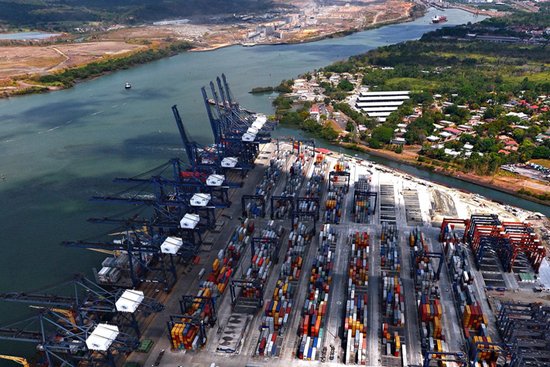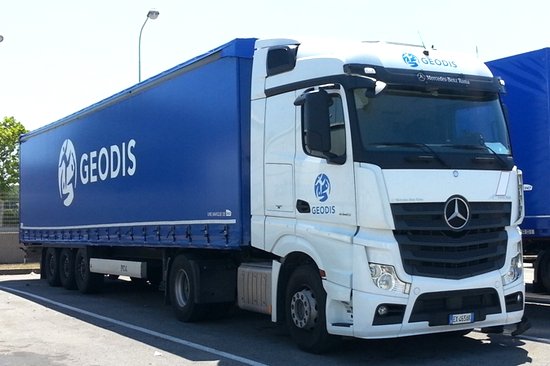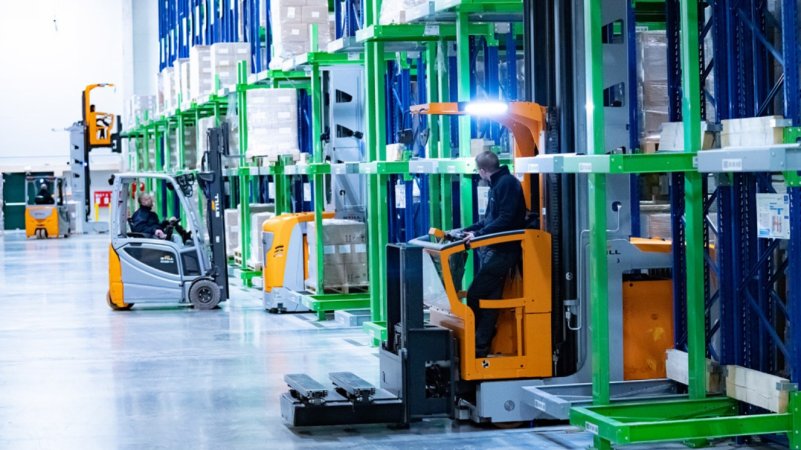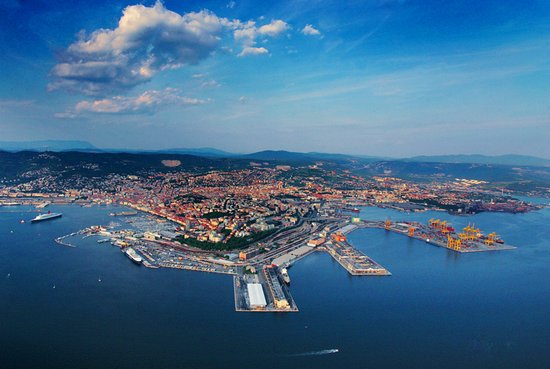The global pharmaceutical logistics market is experiencing exponential growth, valued at $92.18 billion in 2023 with a projected compound annual growth rate of 9.3% from 2024 to 2030. Grand View Research attributes this growth significantly to the short-term impact of the Covid-19 pandemic. Governments worldwide have increased their focus on healthcare infrastructure and drug availability, thereby boosting the international trade of conventional pharmaceuticals.
For instance, the U.S. Food and Drug Administration (FDA) approved the emergency use of hydroxychloroquine for healthcare providers treating hospitalized adolescents and adults with Covid-19. This approval has increased the trade of this product between countries like the United States and India. Additionally, the pandemic emergency has led numerous pharmaceutical operators and vaccine manufacturers to invest heavily in research and clinical trials.
With vaccine approvals, major manufacturers are actively seeking to distribute them globally, necessitating a resilient supply chain to ensure rapid availability. Researchers predict that this demand will significantly drive market growth until 2030. Furthermore, the need for coronavirus treatment drugs is expected to further propel market expansion.
Another critical factor contributing to market growth is the rising demand for over-the-counter drugs, such as vitamins, minerals, supplements, common cold and cough medicines, gastrointestinal drugs, and dermatological products. The increasing importance of rapid healthcare delivery is also driving the pharmaceutical logistics market, while reducing distribution costs through the creation of a unified distribution channel further boosts demand.
Many companies are engaging in mergers and acquisitions to expand their geographical presence and proprietary knowledge. They are also striving to reduce packaging costs for their products. Biopharmaceutical supply chains are particularly vulnerable to risks of product adulteration during transportation and non-compliance with regulations. Consequently, companies are investing in advanced technologies like telematics and remote monitoring to ensure safety and convenience during transport operations, thereby fostering market growth.
Pharmaceutical companies are increasingly outsourcing packaging and labeling activities to third-party providers. Many are expanding their operations into untapped regions such as Sub-Saharan Africa and South America. The preference for local logistics providers with high expertise in the pharmaceutical sector is crucial for drug manufacturers. However, deteriorating service levels and loss of control pose significant threats in outsourcing operations.
Leading logistics operators are striving to offer cloud-based supply chain solutions and secure functions to ensure the authenticity of drugs. The rising demand for pharmaceutical transport by sea and air is expected to further stimulate sector growth during the 2024-2030 period. Researchers believe that maritime transport of pharmaceuticals can reduce transportation costs by up to 80% and decrease personnel needs, while air transport will primarily serve long-distance and intercontinental shipping of vaccines and valuable medicines.


































































